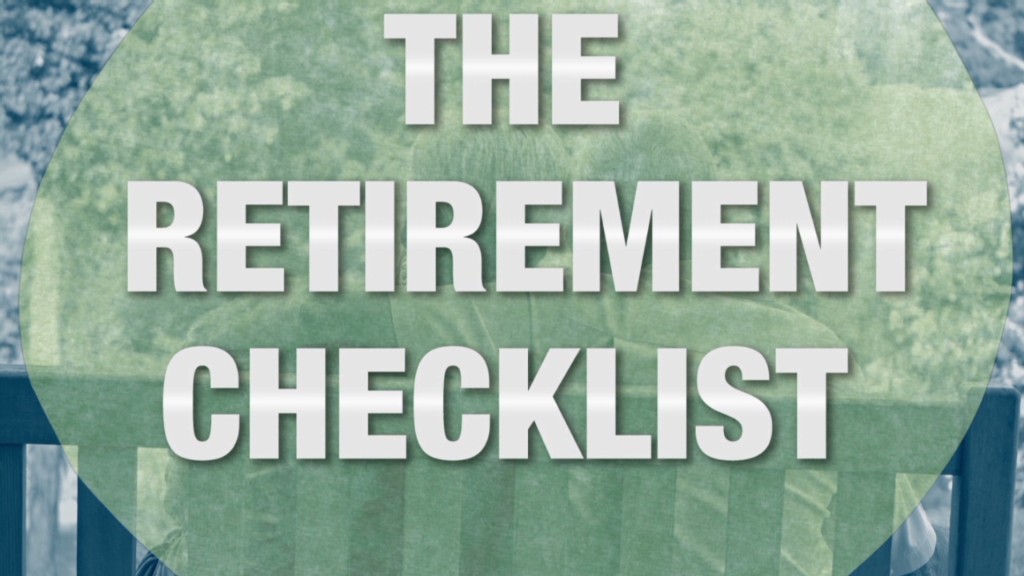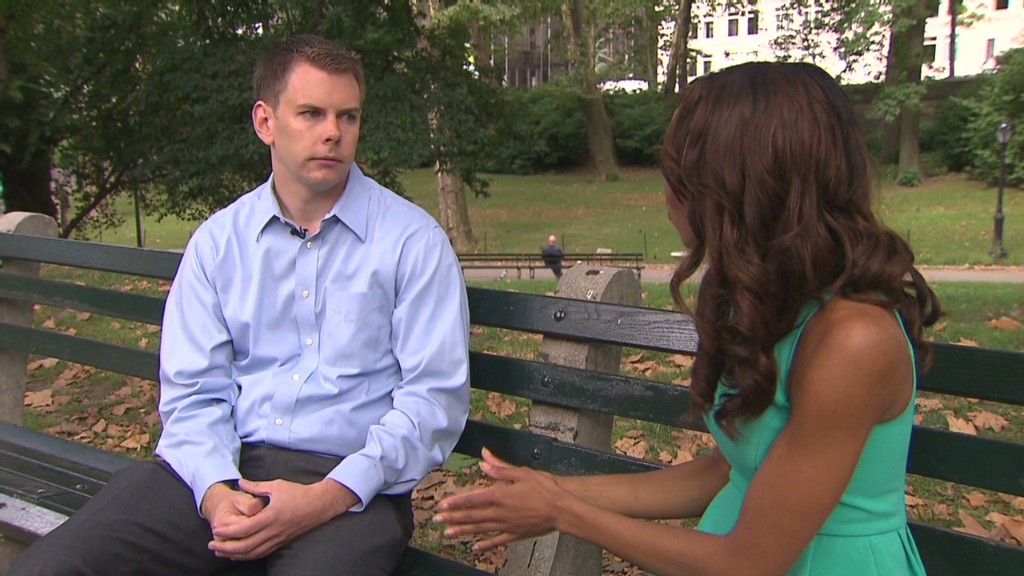
"The company I work for does not offer a 401(k), and as a young professional I want to start a retirement plan. What is the best option for me? I don't have a large amount of money to contribute, but would obviously like to maximize my investment." -- Elizabeth, Herndon, Va.
As one of the millions of workers who does not have access to a workplace 401(k) -- or the added perk of an employer match -- the responsibility for saving for retirement rests squarely on your shoulders.
The good news is that you have several options. And the earlier you start, the longer your savings has to grow. Even small sums set aside now can grow into significant savings
For example, let's say you invest only $100 a month for the next 40 years. With an average annual return of 6%, that modest monthly contribution would grow into nearly $200,000 in four decades.
"So just getting in that habit can really set the stage for a solid financial picture." said Sophia Bera, a Minneapolis-based certified financial planner who specializes in working with Millennial clients across the country.
Just be sure you have at least three to six months of easily accessible savings set aside for an emergency before you start investing. Once you do, here are a few options to consider that can help you get more bang for your buck:
Traditional IRA: Opening a traditional Individual Retirement Account allows you to invest your savings while realizing some sizable tax breaks.
Under federal tax rules, you can contribute up to $5,500 a year to an IRA. If you're single and don't have a workplace plan, you can deduct your entire IRA contribution, which could result in more than $1,000 in tax savings.
Related: 401(k) vs. Roth 401(k): Which one's right for you?
Instead of paying the taxes now, you'll pay them when you withdraw your money during retirement. That's great -- as long as you don't expect to be in a higher tax bracket when you retire. If you think you will be, a traditional IRA may not be the best choice, Bera said.
IRAs also have some limitations: If you tap into the money before you turn 59 1/2, you will be hit with income taxes and a 10% early withdrawal penalty. And by age 70 1/2, you will be forced to make withdrawals, and pay the accompanying taxes.
Roth IRA: For savers who are in a lower tax bracket and can do without the immediate tax savings, a Roth IRA may be a better option, said Wendy Weaver, a Bethesda, Md.-based certified financial planner and portfolio manager at FBB Capital.
With a Roth, you contribute after-tax dollars, but don't pay any taxes on withdrawals during retirement. The accounts are ideal for young workers since contributions can grow for decades tax-free, helping you to avoid a big tax hit come retirement.

The contribution limit is the same as a traditional IRA ($5,500) as long as you don''t exceed income thresholds ($114,000 for single filers and $181,000 for married couples).
Some other pluses: unlike a traditional IRA, you can withdraw your contributions at anytime without any taxes or penalties. However, if you withdraw any investment earnings on those contributions, you will get hit with taxes and the 10% penalty.
Special provisions in federal law allow you to use the earnings from your Roth or tap a traditional IRA without penalty for education expenses or for a first-time home purchase (up to $10,000). You'll still have to pay income taxes though.
Related: What you need to know about Obama's 'myRA' retirement accounts
If you want to balance out your tax hits between now and retirement, you can split your contributions among a Roth and traditional account, said Weaver. "When it's time to make withdrawals, you have different buckets of money that have different tax treatments," she said.
Brokerage account: Still have extra cash to save after you max out your IRA contributions? Brokerage accounts offer a flexible place to invest after-tax dollars, Bera said. Discount brokerage firms like Charles Schwab or TD Ameritrade, for example, allow you to invest in a variety of low-cost mutual funds.
And since you're using after tax-dollars, brokerage savings can be used for non-retirement purposes as well, such as a down payment on a home. But remember, any earnings you make on your investments will be subject to capital gains tax when you sell them.
MyRA: Should investing in stocks on your own make you a little uneasy, President Obama recently announced the creation of a new "myRA" savings account aimed at workers without workplace retirement benefits.
The accounts, which will be offered through a pilot program later this year, won't lose money since they will invest in government bonds. But they will also get paltry returns of around 2% to 3%, which will likely barely outpace inflation.
